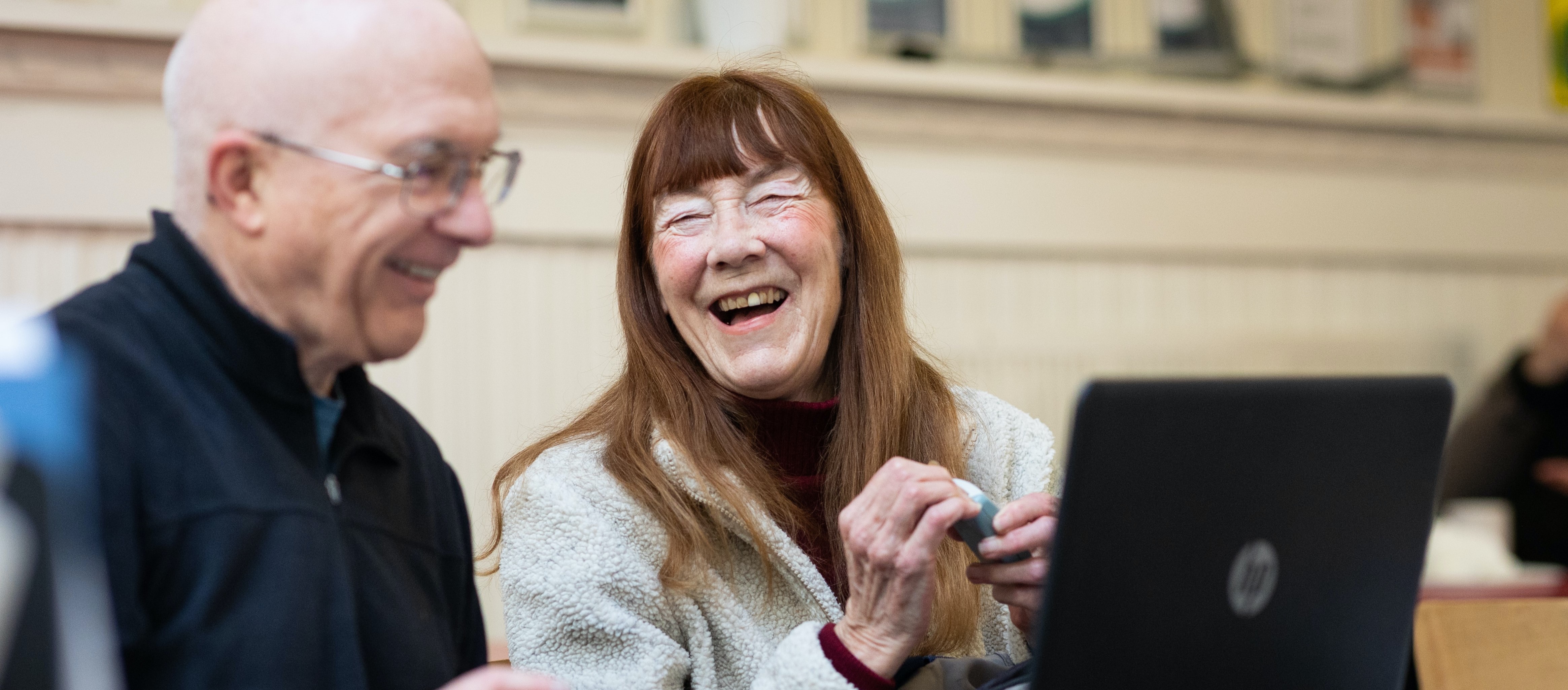When do we become old? New MSU study explores age bias across 13 countries
January 9, 2024 - Shelly DeJong

Age is but a number, right? Look at any birthday card aisle in the store and you are sure to see “50 is the new 30” or “You’re only as old as you feel.” A new study from Michigan State University explored age perceptions over the course of the lifespan of over one million people across 13 countries — and found that as individuals grow older, they express the belief that old age begins at an even later stage of life.
The study, published in Frontiers in Social Psychology, was the largest and most culturally diverse study conducted to date on this topic. The researchers found that every country had some degree of age bias. For every year people got older, individuals expressed the perception that old age begins even later in life. Additionally, they reported feeling younger than their current age and believing that others perceived them to be younger than their current age.
“I hope this study serves as an opportunity for people to reflect on aging and how they get older,” said William Chopik, an associate professor in MSU’s Department of Psychology and co-author of the study. “People who view aging more positively have a host of better outcomes when they get older — they live longer, have reduced likelihood of developing Alzheimer’s disease and are happier.”
The countries involved in the study were Australia, Belgium, Brazil, Canada, China, France, Germany, South Korea, the Netherlands, Spain, Sweden, the United Kingdom and the United States.
The study showed that people in China think older adulthood starts at 58 years old, but people from Belgium don’t consider someone old until they are over 70. Americans believe old age begins at 62 to 63 years of age. South Korea was the only country where individuals didn’t push back their idea of when old age starts as they themselves aged.
“Aging is fascinating — everyone becomes old, so why do we think of aging as a bad thing and treat older adults so poorly if we’re all destined to be an older adult ourselves someday?” said Chopik. “The population of most developed countries is getting older. As a result, many societies will have to come to terms with how they treat older adults.”

